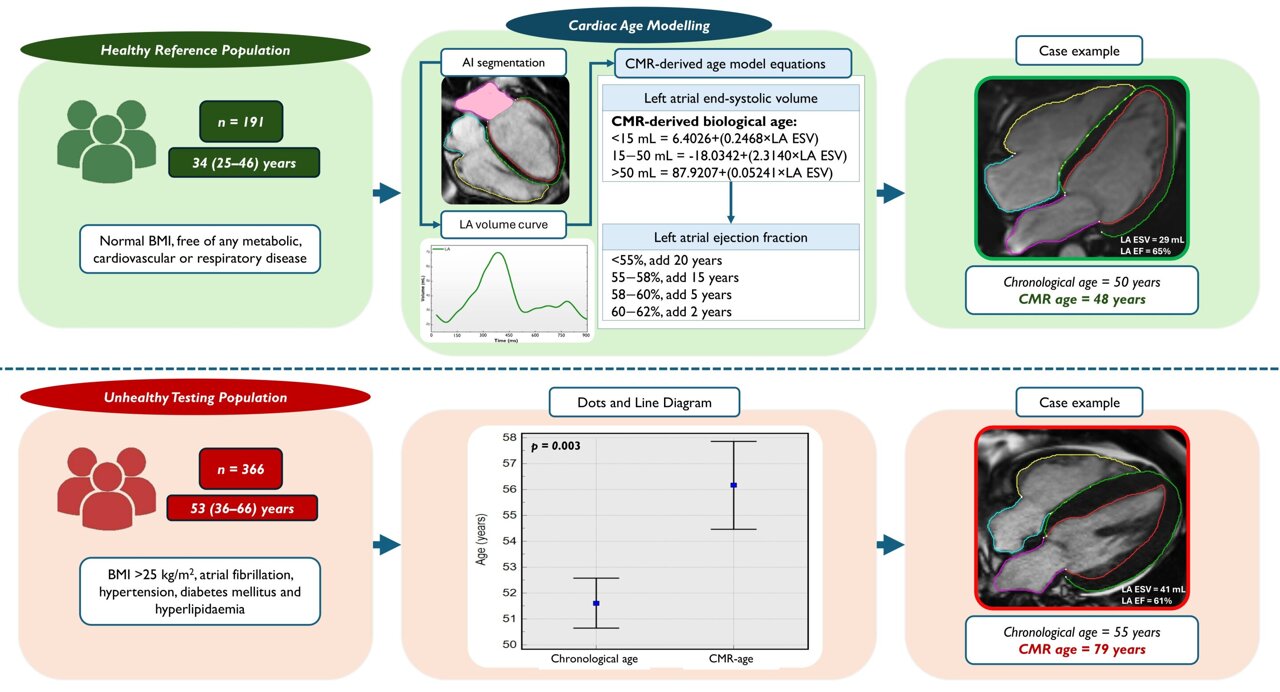Tick-Tock: Your Heart's Secret Aging Clock Exposed by Groundbreaking MRI Scan

In a groundbreaking medical breakthrough, researchers at the University of East Anglia have pioneered an innovative technique that could revolutionize cardiovascular health assessment. Using advanced magnetic resonance imaging (MRI) technology, scientists can now unveil the genuine biological age of a heart, moving beyond traditional age measurements.
This cutting-edge method provides a more nuanced understanding of heart health by examining the organ's actual physiological condition, rather than relying solely on chronological age. By capturing detailed images and analyzing intricate cardiac markers, the research team has developed a sophisticated approach to evaluating heart aging.
The new technique promises to offer healthcare professionals a powerful diagnostic tool, potentially enabling earlier detection of cardiovascular risks and more personalized treatment strategies. This breakthrough could significantly enhance preventative cardiac care and help individuals better understand their heart's true condition.
As medical technology continues to advance, this UEA research represents an exciting step forward in our ability to comprehensively assess and monitor heart health with unprecedented precision.
